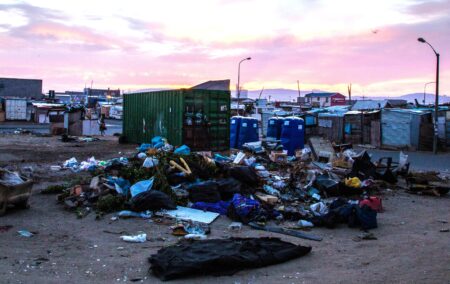South Africa’s municipal governments are struggling to manage their spending. This is the message from the latest report by the Auditor General on the consolidated report on local government for 2023-24.
Of the 247 municipalities, only 41 achieved clean audits (unqualified with no findings); 99 received unqualified audits with findings; 92 were qualified with findings; 7 were adverse with findings; 14 were disclaimed with findings; and 4 were outstanding. (These figures were provided in a presentation on the report, and include a few audits completed after the formal report was published.)
“While 59 municipalities have improved their audit outcomes since 2020-21 (the last year of the previous administration), 40 have regressed,” commented the Auditor General, Tsakani Maluleke.
Among the country’s metros, only Cape Town achieved a clean audit. Three metros (the City of Ekurhuleni, the City of Johannesburg, and eThekwini) achieved unqualified reports with findings, and the remainder (Buffalo City, Tshwane, Mangaung, and Nelson Mandela Bay) had qualified reports with findings.
“The lack of accountability at most metros is clear from the slow response to unauthorised, irregular, and fruitless and wasteful expenditure, as well as the ineffective accountability structures and processes that we observed. It is rare for metro leadership (including mayors) to account to provincial legislatures and Parliament. A culture of performance, accountability, transparency and institutional integrity is not ingrained in the metros. Fully functional and high-performing metros will have a significant impact on the lives of most South Africans and businesses – which makes it a goal worth working towards,” the Auditor-General said.
The report noted further that the three main shortcomings were undermining progress:
- failures in governance;
- inadequate institutional capability; and
- and a lack of accountability and consequences.

